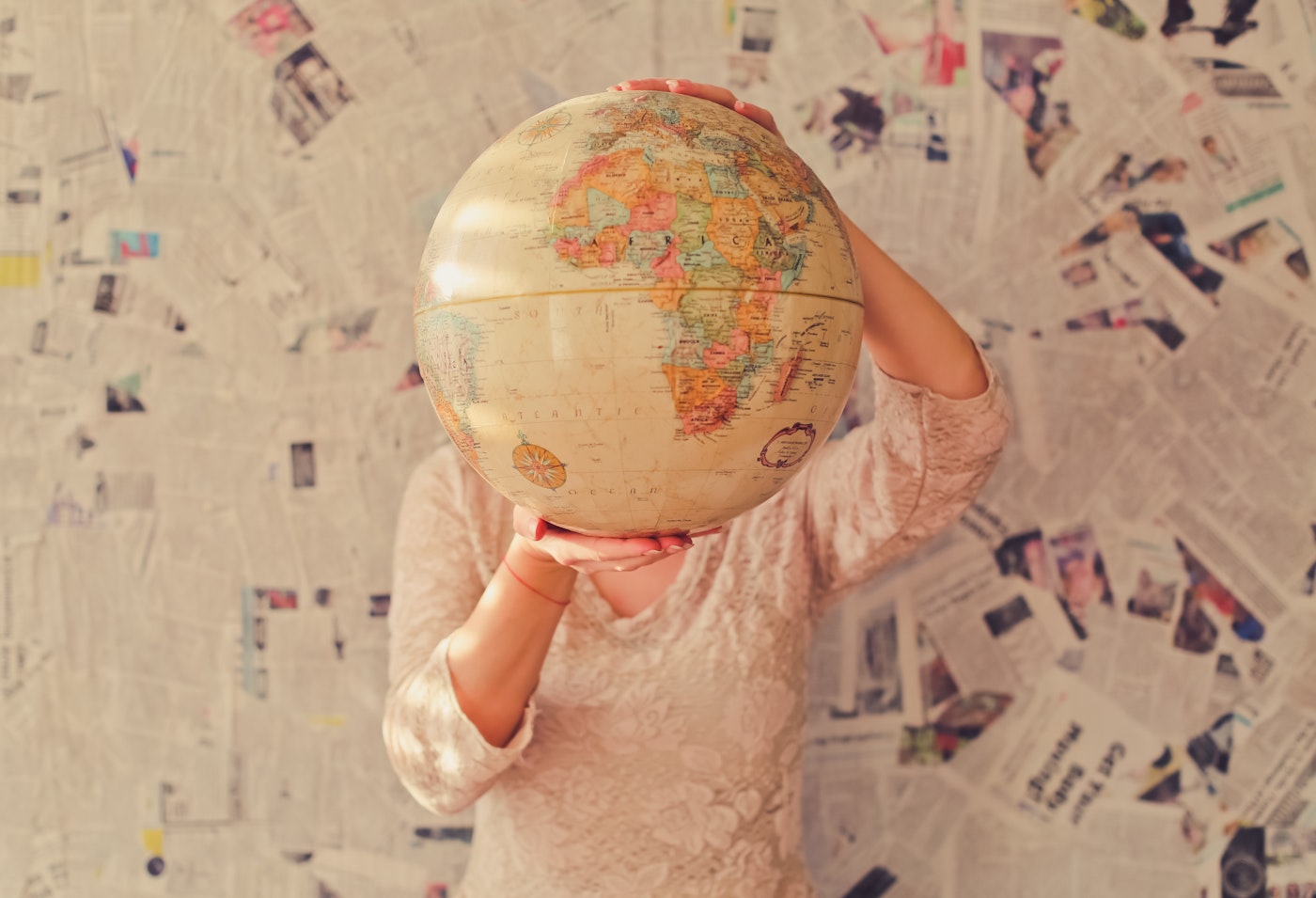Why I Won’t Be Supporting World Hijab Day
by Rukhsana Sukhan in Culture & Lifestyle on 1st February, 2019

February 1st is World Hijab Day. New York resident Nazma Khan started the day of awareness seven years ago as a way to foster religious tolerance and celebrate women’s right to wear hijab. For one day, it celebrates women wearing the hijab and women around the world are invited to wear a headscarf in solidarity with their hijabi sisters. Hijabis use the hashtag FreedomInHijab to share all the ways wearing a headscarf, called a hijab, frees them. I love being a hijabi, it is who I am and I feel very unapologetic about this. I was assaulted for wearing a headscarf four months ago and it only served to strengthen my resolve. That’s why, initially, I wanted to endorse the idea of World Hijab Day and of celebrating FreeInHijab: from my western perspective, it feels like an act of resistance to promote modesty as a choice in the current Western climate of Islamophobia. After learning about No Hijab Day and the FreeFromHijab movement though, I reconsidered. Being assaulted for wearing a headscarf is no different than being assaulted for refusing to wear one. A choice means freedom to and also freedom from. I do not support FreeInHijab, it’s a political ideology that places an unfair burden on women by making them responsible for the male gaze. As women, we are more than units of sexual pleasure or delicate royal Doulton figurines. We are fully whole and human, not despite, but because of our honour in Islam . I support the right of women to self-determination and autonomy over their bodies, free from the projection of male sexual pleasure and the entitlement to the female form it brings.
Hijab is not emancipating, there is no inherent freedom in hijab anymore than there is in oppression. The freedom for women lies in separating the sex act and male sexual pleasure from the female body, not in the way societal norms instruct women to carry their bodies as units of sexual pleasure. I won’t ever say I’m a proud hijabi because being a hijabi for me centers on humility and pride has no place in humility. My path is definitely not superior to a woman who chooses to celebrate her body, beauty, and sexuality in a different way. Covering my hair is part of a deeply spiritual commitment I made after many years of thought and reflection about beauty standards, female sexuality, vanity, and my relationship with my body. The headscarf is a part of my hijab because it helps me personally confine my ego and also because, as a woman, it’s important to me to see myself as an intellectual entity. I reject the projection of male orgasm imposed upon my body, I will not comply. The headscarf is about how I see me. It’s not a compulsion— according to my opinion and understanding, the Quran does not command women to cover their hair.
Social media posts for World Hijab Day contain images of a hijabi sporting Stepford Wife smile and holding a handwritten sign that says #FreeInHijab. These posts scream propaganda to me: they feel like deliberate visual messages cultivated to convince me to ascribe to an ideology, they feel like publicity campaigns. In addition to feeling dismissive, it feels hypocritical. I wonder, how many of those who shamed and bullied Dina Tokio for uncovering her hair, claim they are FreeInHijab? I don’t feel convinced that proponents of World Hijab Day can see past their western gaze to the current situation facing women living with compulsory hijab in repressive Islamic regimes: there is no freedom in hijab for a woman who is punished for choosing not to wear it.
No Muslimah is truly FreeInHijab as long as any of our sisters is forced to wear it on pain of severe punishment. Malak al-Shehri, a Saudi woman was imprisoned and received death threats and calls for her beheading after tweeting a picture of herself without a hijab or an abaya standing outside a café in Riyadh in 2016. Iranian actress Sadaf Taherian had to flee Iran after posting a picture of herself on social media without a headscarf. My Stealthy Freedom is a testament to the struggle of Iranian women for emancipation from compulsory hijab. This is not about devotion to hijab or modesty, it’s about humility, which is about devotion to a compassionate and merciful God, and not devotion to a desire to control the behaviour of others.
The demand for the exposure and overt sexualisation of the female body in popular culture drives many Muslimahs in the west, particularly those of us with an ethnic heritage tainted by colonisation, to see hijab as freeing. Any choice individuals make as acts of resistance are protests for freedom—so taking the headscarf off in defiance of the Iranian morality police is the same as keeping the headscarf on in the face of bigotry or a ban here in the West. Muhammed (PBUH) was one of the earliest feminists, who told men the best among you treat women well. Bismillah, in the name of compassion and mercy, it’s time for Islam to return to its feminist roots and follow the example of The Prophet ﷺ. To that end, I’m asking why don’t we have World Lower Your Gaze Day, a day where men worldwide are invited to share ways they invite modesty in their lives and encourage and support other men in doing the same when it comes to the male gaze?
Rukhsana Sukhan
Rukhsana is a Vancouver-based writer. You can find on Twitter at @RukhsanaSukhan.